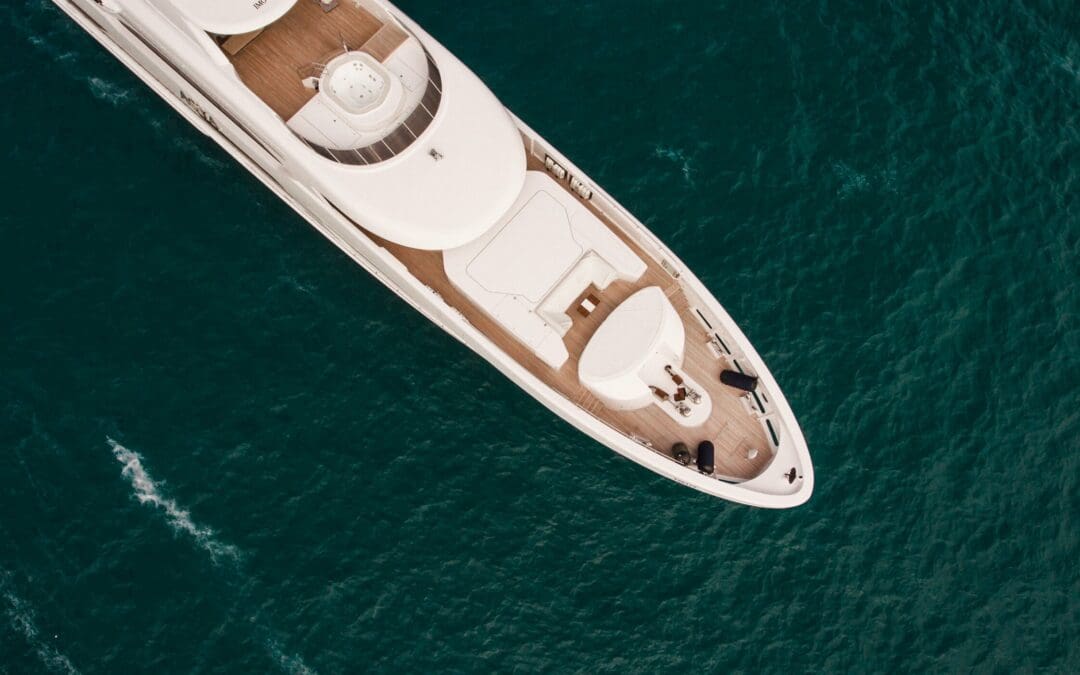What Has Changed?
Until now, for a yacht to qualify under the temporary importation regime, the following was required:
-
Proof of the last non-EU port of call.
-
Documentation of the first EU port of entry.
This allowed Customs to verify compliance with the 18-month time limit set out in Article 250 of the Union Customs Code (UCC).
New, More Flexible Criteria
Under the updated interpretation, proof of a non-EU port call is no longer required. To obtain Annex 71_01, the following is now sufficient:
-
Evidence of navigation beyond 12 nautical miles from the baseline of the customs territory.
-
Indication of reentry at a customs-designated port in the Balearic Islands, such as Palma Bay (Mallorca), Ibiza, or Menorca.
⚠️ Not all ports are valid—ports like Sóller or Port Adriano are not considered customs entry points.
The new approach assumes that crossing the 12-mile limit is equivalent to leaving the EU Customs Territory (UCT), which resets the 18-month clock for temporary importation.
⚠️ Important: All other documentation and requirements remain in force. The only change is the removal of the obligation to prove a call at a non-EU port.
Why This Change Was Made
Annex 71_01 is an optional oral customs declaration. Previously, customs authorities required stricter evidence of departure from the UCT. Under the new guidance, sailing into international waters (beyond 12 NM) is accepted as valid proof, in accordance with Articles 139 and 141 of Regulation (EU) 2015/2446.
This change eases compliance for pleasure craft operators without compromising customs controls, and better aligns the regulation with the realities of the recreational boating sector.

Permanent Export: Requirements Remain Unchanged, Stricter Proof Still Required
Current Conditions
In the case of a yacht being sold to a non-EU buyer, the regulation remains unchanged:
-
The yacht must physically leave the EU Customs Territory.
-
The departure must be backed by valid supporting documentation, such as:
-
Inclusion in a maritime cargo manifest.
-
Export control at an airport customs facility (less common for yachts but still applicable).
-
Manual customs validation, with sufficient supporting evidence.
-
Why 12 Nautical Miles Are Not Enough
Unlike temporary importation, permanent export has direct fiscal implications, especially regarding VAT exemption. Therefore, the proof of export must be conclusive.
The Balearic Customs Office does not accept crossing the 12-mile line as sufficient evidence, due to potential abuse of the system to avoid taxes.
This interpretation is supported by Article 269 of the UCC, Article 21 of the Spanish VAT Law (Law 37/1992), and Article 9 of Royal Decree 1624/1992, all of which require effective departure from EU customs territory.
